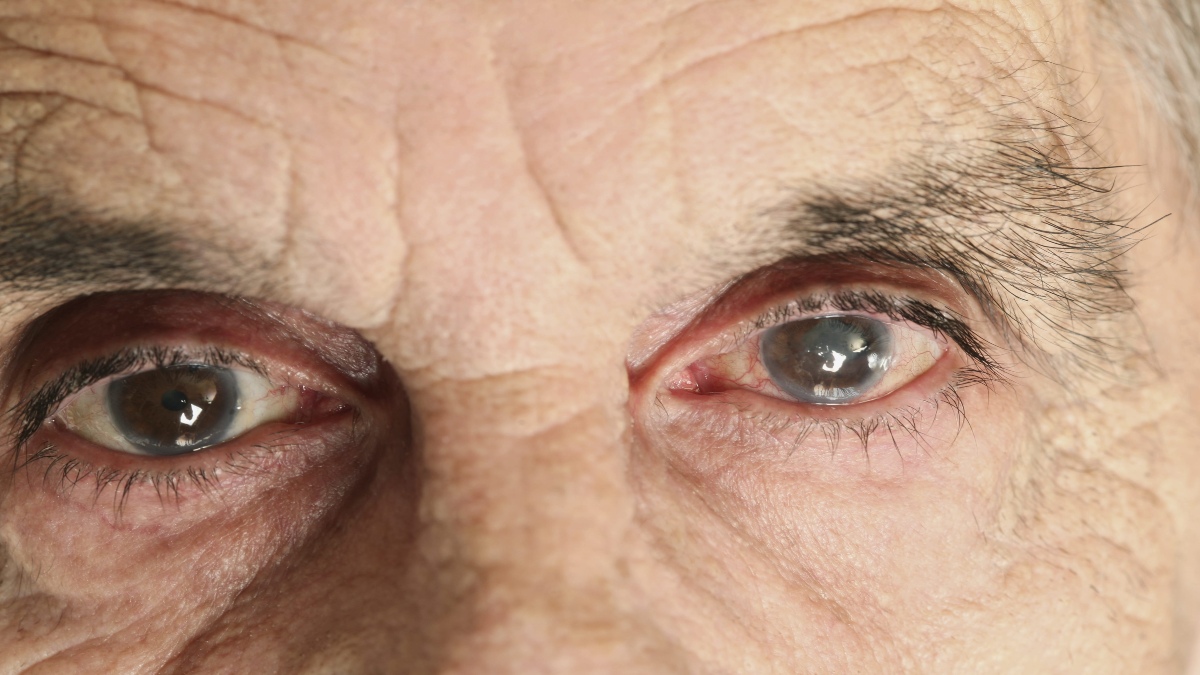Conjunctivitis, a highly contagious eye condition often known as “Madras Eye,” is on the rise, with 4,000–4,500 new cases reported every day in Tamil Nadu, the state’s health department has warned. M. Subramanian, the state’s minister of health, has asked those who are infected to keep to themselves.
“Since the start of the northeast monsoon, nearly 1.5 lakh people have been treated for conjunctivitis in Tamil Nadu,” the minister said on Monday, adding that at least 80-100 people are diagnosed with conjunctivitis everyday in the state Capital Chennai’s 10 government ophthalmic centres. The case load is higher in districts such as Salem and Dharmapuri.
Temperatures in Chennai have dropped to 22 degrees Celsius due to the north east monsoon that is currently active in Tamil Nadu.
“This year the prolonged rainfall in the city has further increased the case load. Nearly 90% of all conjunctivitis is caused by adenovirus. The affected eye is red, itchy, irritated and gritty, and produces a watery discharge similar to tears. In some people, it quickly spreads to the second eye. It is rising rapidly especially among children,” said Dr Srinivasan G Rao, senior ophthalmologist and regional head, Clinical Services of the Dr Agarwal Eye Hospital in Chennai.
Dr Rao said that he sees at least 500 patients every day with conjunctivitis. “Every year, cases of conjunctivitis show a mild surge as the monsoon season comes to a close,” he said.
Conjunctivitis or Madras Eye is often caused by a bacterial or viral infection and spreads rapidly among people. Conjunctivitis spreads through secretions from the eye. “If a person touches his/her eye, they can pass on the infective virus or bacteria to another person or object that comes in contact with the secretion,” he added























